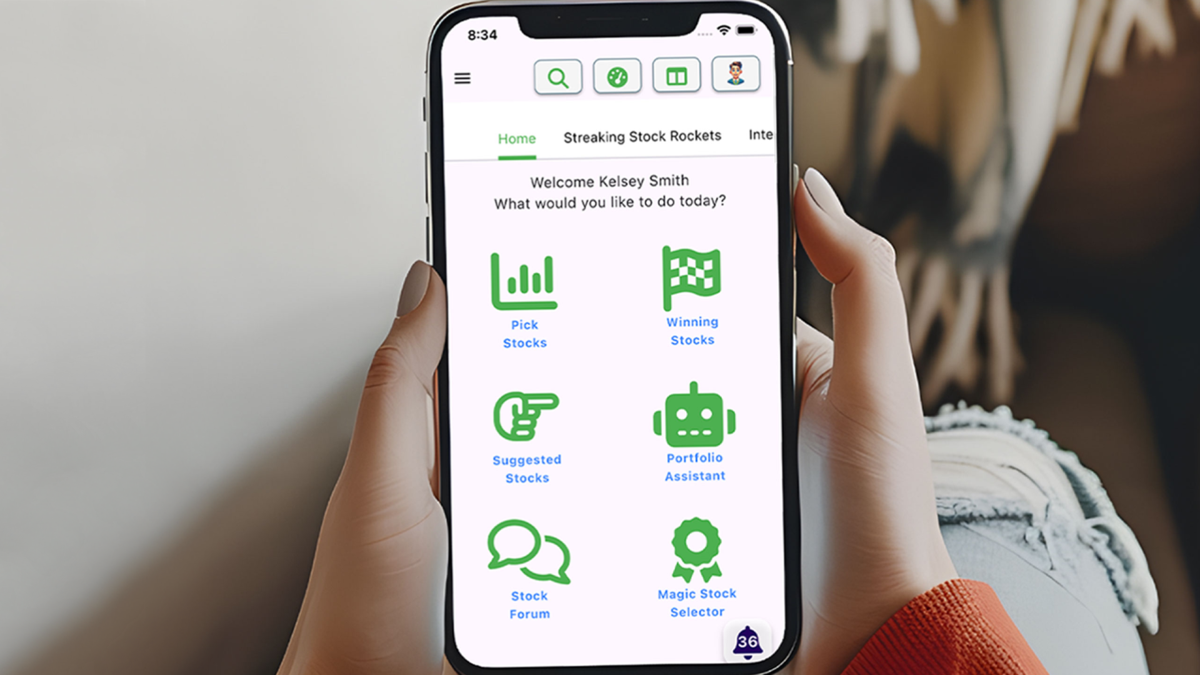
Cardiovascular disease (CVD) remains the leading cause of death worldwide, claiming approximately 20.5 million lives annually. Acute coronary syndrome, a form of coronary heart disease (CHD), sees a staggering readmission rate of 22%, with 69% of these patients readmitted more than once within a year. The potential for prevention through secondary strategies such as lifestyle changes, medication adherence, and regular exercise is significant, yet traditional cardiac rehabilitation programs face challenges in attendance and completion. This has led to a growing interest in digital peer support programs as an alternative or complement to traditional methods.
International guidelines emphasize the effectiveness of cardiac rehabilitation, traditionally delivered through in-person sessions that address not only physical but also psychosocial recovery. However, the COVID-19 pandemic accelerated the adoption of virtual, home-based models, which, despite their convenience, often lack the interpersonal benefits of face-to-face interaction. Peer support, with its emphasis on shared experiences and mutual encouragement, offers a promising solution to bridge this gap.
The Role of Peer Support in Cardiovascular Recovery
Social support is a critical component of recovery from chronic conditions, including CVD. While family and friends can offer support, their overprotectiveness can sometimes be counterproductive. Health care professionals, though knowledgeable, may lack the lived experience that peers can provide. Peer support, characterized by the sharing of experiential knowledge, has been shown to foster optimism and confidence among participants, enhancing their ability to manage their condition.
Research has demonstrated the benefits of peer support in various chronic conditions, including rheumatic diseases, traumatic injury, type 2 diabetes, and cancer. More recently, digital peer support interventions have shown promise in chronic conditions like mental health and adolescent cancer. Among individuals with cardiac conditions, peer support has been linked to increased exercise participation, smoking cessation, and enhanced social support.
“Peer support interventions, including in-person, via telephone, or messaging, are effective in increasing self-efficacy and self-management behaviors and reducing readmissions among people with CHD.”
Exploring Digital Peer Support: A Qualitative Study
A recent qualitative study sought to understand the perceived benefits and recommendations of peer support from two perspectives: attendees of in-person peer support programs and users of a digital peer support app prototype. Conducted in Australia, the study involved focus groups with existing peer support group members and workshops with consumers and clinicians testing the app.
In-Person Peer Support Insights
Participants in in-person support groups highlighted several benefits, including coping mechanisms through shared experiences, learning from peers, and a sense of community. The group dynamic was found to uplift mood and build confidence, with participants appreciating the opportunity to discuss issues without fear of judgment.
Digital Peer Support App Feedback
The digital peer support app prototype received varied feedback. Key themes included the importance of user autonomy, safeguarding, and intuitive interfaces. Participants valued the ability to choose their level of engagement and the need for clear rules and moderation to ensure a safe environment.
“User choice and autonomy were frequently identified as important considerations in the development of digital peer support interventions.”
Developing a Framework for Future Interventions
The study synthesized preferences from both in-person and digital support experiences to develop a framework for future peer support programs. Key areas of focus include increasing awareness and participation, ensuring flexibility and autonomy, providing resources and professional input, and safeguarding users through clear guidelines and moderation.
The findings emphasize the importance of tailoring interventions to meet the needs of users, allowing for flexibility in timing and family involvement, and ensuring easy-to-use interfaces. The role of health care professionals in moderating digital platforms is also highlighted as a means of enhancing credibility and safety.
Implications and Future Directions
This research underscores the potential of peer support in enhancing recovery and management of CVD. By fostering a sense of community and shared understanding, peer support can address gaps in traditional care models, particularly in the digital realm. As digital health continues to evolve, integrating peer support into these platforms offers a unique opportunity to enhance patient outcomes.
Future research should explore the scalability of these interventions, considering factors such as cost, clinician training, and integration with existing health systems. As the demand for flexible and accessible health solutions grows, digital peer support programs could play a pivotal role in the future of cardiovascular care.
In conclusion, peer support offers a valuable complement to traditional cardiac rehabilitation, with digital platforms presenting new opportunities for engagement and support. By prioritizing user autonomy, safeguarding, and intuitive design, these programs can provide meaningful support to individuals managing cardiovascular disease.







